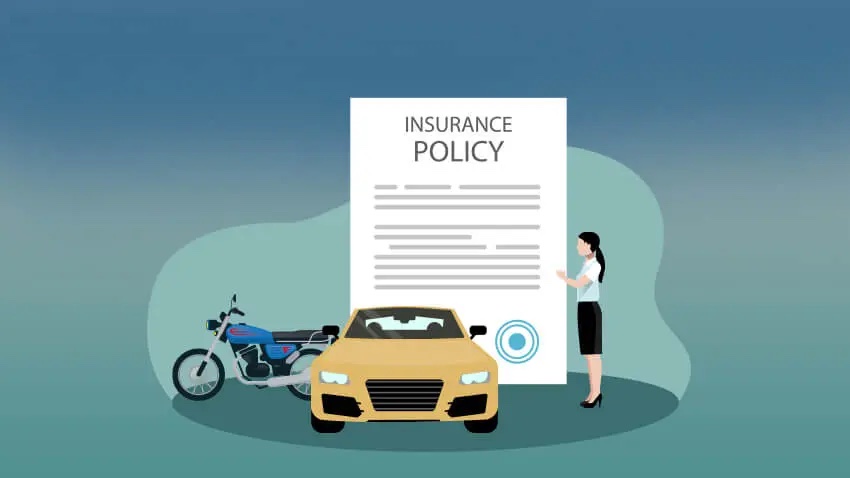Vehicle Insurance
Vehicle insurance in India is a crucial financial safeguard for vehicle owners, providing coverage against potential financial losses arising from accidents, theft, and other unfortunate events involving their vehicles. The Motor Vehicles Act of 1988 mandates that all motor vehicles on Indian roads must have at least a basic level of insurance coverage. Vehicle insurance plays a pivotal role in ensuring road safety and protecting both the vehicle owner and other parties involved in accidents.
Here's a closer look at the key features, benefits, and considerations of vehicle insurance.

Types of Vehicle Insurance:
Third-Party Insurance: This is the mandatory minimum coverage required by law. Third-party insurance provides compensation for injury, death, or property damage caused to third parties (other individuals or vehicles) due to the insured vehicle. It doesn’t cover damages to the insured vehicle itself.
Comprehensive Insurance: Comprehensive insurance offers a higher level of coverage. It includes both third-party liability coverage and coverage for damages to the insured vehicle due to accidents, theft, fire, natural disasters, and more.
Key Features of Vehicle Insurance:
Liability Coverage: Third-party insurance provides protection against legal liabilities arising from bodily injury, death, or property damage caused by the insured vehicle. This coverage helps vehicle owners fulfill their legal obligations towards third parties.
Own Damage Coverage: Comprehensive insurance covers damages to the insured vehicle due to accidents, collisions, theft, vandalism, natural disasters, fire, and more. This coverage ensures that the vehicle owner is financially protected from repair or replacement costs.
Personal Accident Cover: Vehicle insurance often includes a personal accident cover for the owner-driver. In the event of an accident leading to disability or death, this cover provides compensation.
Add-On Covers: Insurance companies offer various add-on covers that policyholders can opt for to enhance their coverage. Examples include zero depreciation cover, engine protection cover, roadside assistance, and more.
Benefits of Vehicle Insurance:
Financial Protection: Vehicle insurance provides financial security by covering the costs of repairs, replacement, or compensation in case of accidents, theft, or damages.
Legal Compliance: Having at least third-party insurance is a legal requirement for driving a vehicle on Indian roads. It ensures that vehicle owners comply with the Motor Vehicles Act.
Peace of Mind: Comprehensive insurance offers peace of mind, knowing that both third-party liabilities and own vehicle damages are covered.
Emergency Assistance: Many insurance policies include roadside assistance services, which can be extremely helpful in case of breakdowns or accidents.
Considerations:
Premiums: The premium amount for vehicle insurance depends on factors such as the vehicle’s type, make, model, age, location, and the chosen coverage type.
No-Claim Bonus: Policyholders who don’t make claims during a policy year are eligible for a no-claim bonus, which leads to a reduction in the premium amount during policy renewal.
Deductibles: Comprehensive insurance often comes with deductibles, which are the out-of-pocket expenses that policyholders need to pay during a claim settlement.
Coverage Limits: Policyholders should be aware of the coverage limits of their insurance policy. Understanding the terms and conditions is crucial to avoid surprises during claim processing.


